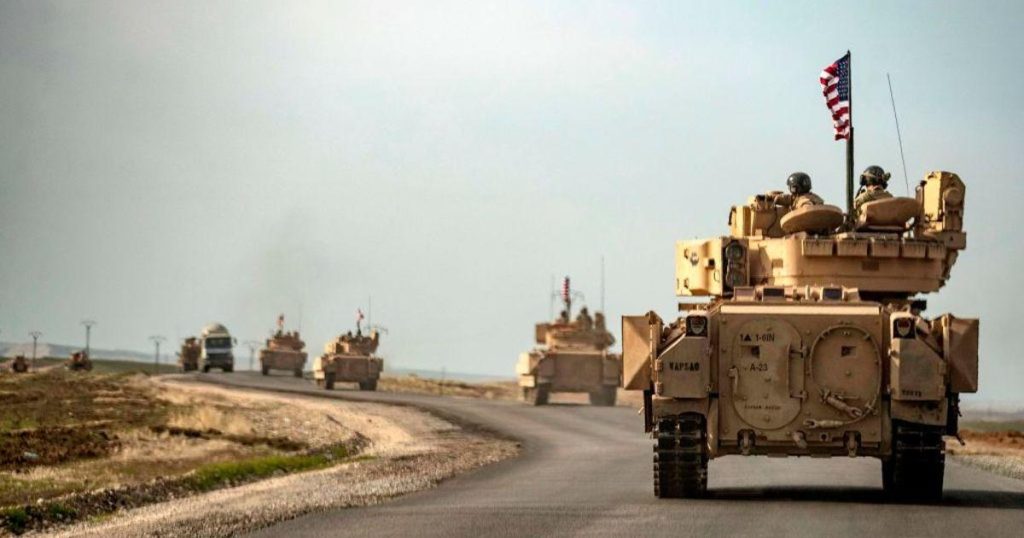The U.S. military conducted a raid in Iraq’s western region that resulted in the deaths of 15 Islamic State militants. Despite the group being dislodged from their self-declared caliphate across Iraq and Syria, U.S. forces have continued to fight against them. This particular raid had a higher casualty count compared to previous operations. The militants were said to be armed with a variety of weapons, grenades, and suicide belts during the attack, which took place in the Anbar Desert.
The Central Command of the U.S. military stated that the operation targeted ISIS leaders in order to disrupt and degrade their ability to plan and conduct attacks against Iraqi civilians, as well as U.S. citizens, allies, and partners in the region and beyond. Iraqi Security Forces were involved in the operation and continued to exploit the locations that were raided. There were no indications of civilian casualties reported. The Iraqi military mentioned that airstrikes targeted the hideouts, followed by an airborne operation.
At its peak, the Islamic State group controlled an area half the size of the United Kingdom, where it enforced its extreme interpretation of Islam. This included attacks on religious minority groups and harsh punishments for Muslims considered apostates. A coalition of over 80 countries, led by the United States, was formed to combat the group. The Islamic State lost its territory in Iraq in 2017 and in Syria in 2019. However, they have continued to operate in the Anbar Desert and claim attacks carried out by affiliates in other parts of the world. The branch in Afghanistan is particularly known for carrying out brutal assaults.
The ongoing fight against the Islamic State group highlights the challenges faced by the U.S. military in combating extremist organizations. Despite significant territorial losses, the militants have proven to be resilient and continue to pose a threat to stability in the region. The U.S. military’s involvement in raids and operations to target ISIS leaders is crucial in disrupting their capabilities and preventing further attacks. Collaboration with Iraqi Security Forces is an essential component in these efforts.
The success of the recent raid in Iraq demonstrates the effectiveness of coordinated military efforts in targeting and eliminating Islamic State militants. The use of airstrikes and airborne operations to target their hideouts shows a strategic approach to dismantling the group. The fact that no civilian casualties were reported indicates careful planning and execution of the operation to minimize collateral damage. It is a reminder that the fight against terrorism requires continuous vigilance and cooperation among nations.
The Islamic State’s ability to adapt and continue operating in different regions despite losing significant territory is a reminder of the challenges posed by non-state actors. The group’s ideology and ability to recruit followers from around the world make them a persistent threat that requires sustained efforts to counter. The U.S. military’s commitment to confronting and degrading the capabilities of ISIS demonstrates a dedication to ensuring the safety and security of not only Iraq but also U.S. citizens and allies globally. The fight against extremism remains a top priority for the U.S. military and its partners in maintaining peace and stability in the region.


